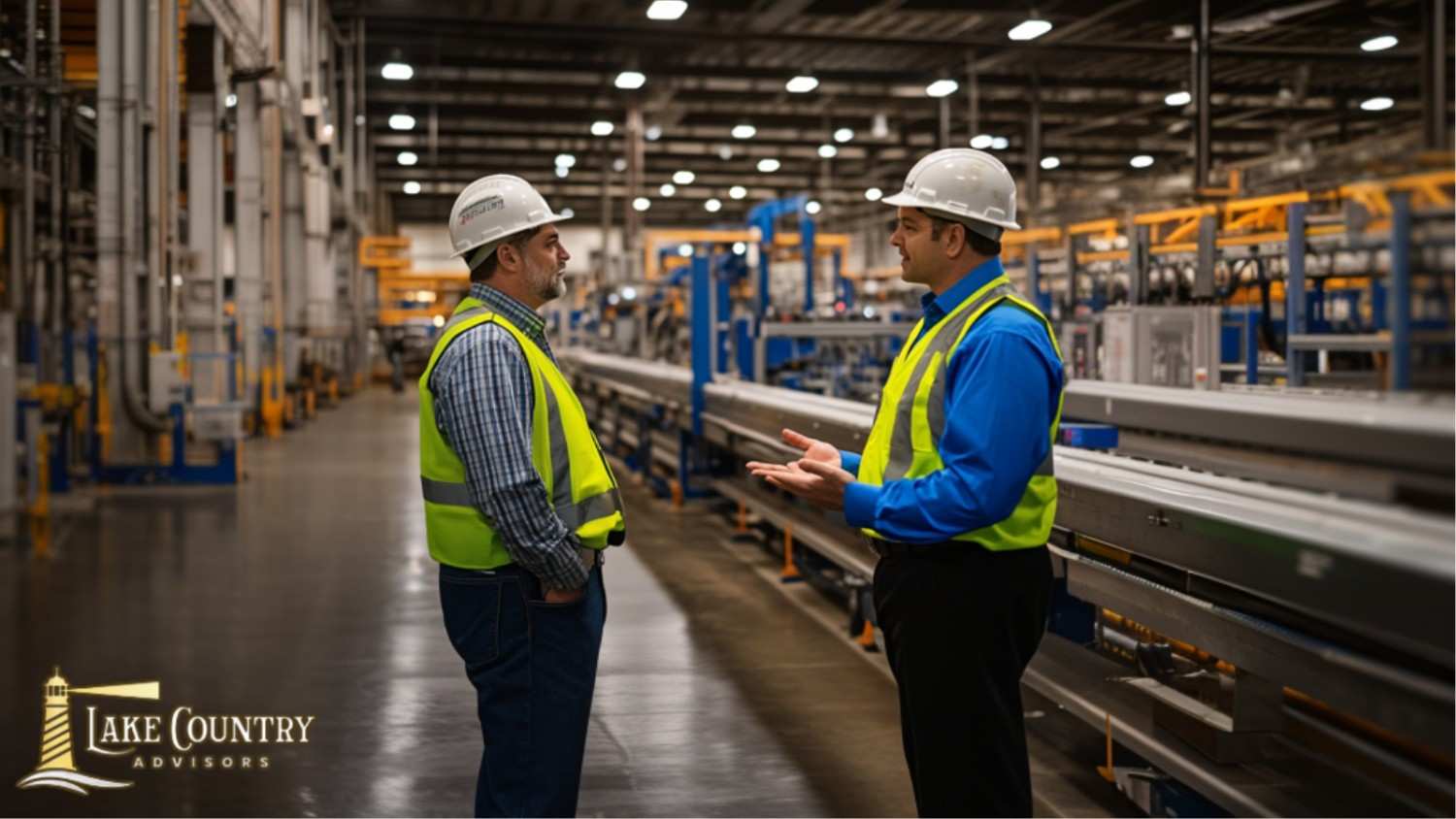Purchasing a manufacturing business for sale can be one of the smartest moves for investors seeking a stable, long-term asset with room for growth. Manufacturing plays a critical role in the economy, offering stability, job creation, and consistent demand for essential products.
Whether you’re an experienced investor or considering your first business acquisition, manufacturing businesses present unique advantages—from established revenue streams to substantial tangible assets and promising growth opportunities. In this guide, we’ll explore why investing in a manufacturing business is viable and often a strategically sound decision.
Understanding the Manufacturing Sector and Its Investment Potential
Manufacturing is a broad and essential industry, producing everything from consumer goods to industrial equipment. The diversity within this sector provides multiple entry points for investors, each offering distinct profit opportunities and growth potential. Manufacturing’s steady demand, often less affected by rapid economic shifts, makes it an appealing option for securing capital investments.
Overview of the Manufacturing Industry Landscape
The manufacturing sector spans various vital industries, from automotive to electronics, food production, and more. This variety highlights manufacturing’s role in supporting the broader economy, as demand for goods remains strong globally.
Many business brokers view manufacturing businesses as valuable assets for investors. This dynamic translates into diverse manufacturing companies for sale, each with different product focuses, allowing investors to select a niche that aligns with their expertise and interests.
Current Market Trends and Growth Opportunities in Manufacturing
Manufacturing is evolving, spurred by advancements in technology, automation, and reshoring. Many companies are relocating production closer to primary markets, increasing the need for local business brokers to facilitate acquisitions. The rise of sustainable practices and eco-friendly products also opens new investment opportunities in green manufacturing. Recognizing these trends helps investors choose a manufacturing business positioned for future growth.
Financial Benefits of Investing in an Established Manufacturing Business
Investing in an established manufacturing business offers key financial advantages. Unlike startups, established enterprises bring proven models, a stable customer base, and a history of revenue, making them attractive to investors who want quicker returns.
Stable Cash Flow and Profitability
Manufacturing businesses are known for their stable cash flow, which is supported by established customer bases and reliable contracts. This consistency appeals to investors interested in purchasing an operationally profitable manufacturing business from day one. Partnering with a manufacturing business broker can help identify companies with sound financials, ensuring a profitable acquisition.
Opportunities for Profit Maximization and Long-Term Returns
Owning a manufacturing business allows for profit growth through strategic improvements and scaling. Investors can boost profitability by modernizing equipment, enhancing processes, or expanding product offerings. Leveraging assets like machinery and efficient labor supports maximum return on investment (ROI). For those aiming for long-term gains, selling a manufacturing business after a period of growth can yield substantial financial returns.
Key Considerations in Choosing the Right Manufacturing Business

Selecting the right manufacturing business is more than finding a profitable venture. It requires carefully evaluating specific factors that impact immediate and long-term success. This includes understanding the company’s financial health, competitive market position, and product demand. By focusing on these considerations, you can make a well-informed investment that aligns with your goals and market trends.
Assessing Business Valuation and Profitability
Determining the value of a manufacturing business goes beyond reviewing financials. A comprehensive valuation requires analyzing quantitative and qualitative metrics to evaluate the business’s current performance and growth potential. Key areas to focus on include:
- Revenue and Profit Margins: Examine historical revenue and profit margins to evaluate financial stability. Consistent growth signals a well-managed and sustainable business.
- Customer Base and Contract Stability: Assess the diversity of the customer base and the stability of existing contracts. A broad client network reduces risk, while reliance on a few large clients may indicate potential vulnerabilities.
- Operational Costs and Efficiency: Understand the fixed and variable costs, including labor, raw materials, and utilities. Streamlined operations with efficient cost management lead to better profit margins.
- Equipment and Asset Condition: Evaluate manufacturing equipment’s age, condition, and functionality. Modern, well-maintained assets enhance efficiency, while outdated machinery may require costly upgrades.
Leveraging the expertise of local business brokers specializing in the manufacturing sector ensures accurate valuations and helps identify businesses with strong financial health and growth potential.
Finding Profitable Niches and Growth-Ready Opportunities
The manufacturing industry encompasses a vast array of sectors, not all of which offer the same growth potential. Identifying profitable niches and businesses positioned for growth is essential for maximizing your return on investment. Here’s how to identify promising opportunities:
- High-Demand Sectors: Some sectors are more resilient and have higher demand due to market trends, regulatory support, or technological advancements. Examples include medical device manufacturing, sustainable products, specialized electronics, and automation technology.
- Competitive Advantage: Look for companies with a unique product, patent, or technological edge. A competitive advantage sets the business apart in its market and can provide strong barriers against competitors.
- Scalability: Growth potential is not just about current profitability; it’s about whether the business can scale. Assess if the company has room to expand its production or enter new markets. Businesses with scalable operations and products that are adaptable to changing markets tend to be better positioned for sustained growth.
- Industry Trends: Industries driven by innovation, regulatory changes, or shifts in consumer demand often present strong growth opportunities. For example, the push for environmentally friendly products has created demand for sustainable manufacturing, while advancements in healthcare technology have bolstered the medical device industry.
An experienced business broker can help you identify manufacturing companies for sale within these high-growth niches, offering insights into market demand and competitive positioning to match your investment strategy. Targeting profitable, growth-ready businesses increases your chances of a successful, long-term investment.
Investment Process and Risk Management
Investing in a manufacturing business requires a careful, structured approach that includes due diligence and proactive risk management. These steps help protect your investment, reveal potential issues, and position you for a successful transition into ownership.
Understanding the business’s financial health, operational structure, and market position is essential. A structured plan can help you manage risks unique to the manufacturing industry, enabling you to make a well-informed, confident purchase.
Conducting Due Diligence
Thorough due diligence is critical when acquiring a manufacturing business. This process thoroughly examines the business’s financials, operations, market position, and future growth prospects. Essential areas to focus on include:
- Financial Health: Review profit and loss statements, balance sheets, and tax returns from the past three to five years. This analysis reveals profitability, cash flow stability, and the overall viability of the business.
- Sales History and Customer Relationships: Evaluate historical sales data to identify revenue trends and potential dependencies on key clients. A stable and diversified customer base indicates reliability.
- Operational Structure and Efficiency: Examine manufacturing processes, workflow efficiency, and equipment condition. Efficient operations and up-to-date machinery reduce operational risks and ensure seamless production.
- Employee Stability: Analyze employee retention, satisfaction, and skill sets. A knowledgeable and stable workforce is a valuable asset in maintaining operational continuity.
- Compliance and Regulatory Records: Ensure adherence to industry standards and environmental regulations. Investigate any history of violations to uncover potential liabilities.
- Market Position and Competitive Landscape: Assess the business’s market share, competitive advantages, and positioning within its sector. Understanding its strengths and vulnerabilities is essential for forecasting growth opportunities.
Engaging an experienced business broker with knowledge of the manufacturing sector ensures a thorough due diligence process, minimizing risks and uncovering potential red flags before finalizing the acquisition.
Effective Risk Management Strategies
Manufacturing businesses have inherent risks, including equipment maintenance costs, supply chain disruptions, and labor challenges. A robust risk management strategy is essential for mitigating these risks and ensuring operational continuity. Here are some effective methods to consider:
- Financial Reserves: Allocate financial reserves to cover unexpected costs, such as equipment repairs or replacement parts. An emergency fund ensures unforeseen issues don’t disrupt cash flow or operations.
- Contingency Plans for Equipment and Production: Create backup plans for key production processes. For instance, if a critical machine fails, identify rental equipment options or secondary suppliers who can temporarily step in.
- Labor and Staffing Flexibility: The manufacturing sector often experiences fluctuations in labor demand. Develop strategies for flexible staffing, including partnerships with temporary labor agencies or cross-training employees to handle multiple roles during peak periods.
- Supplier Diversification: Reliance on a single supplier can be risky if delays or price changes occur. Establish relationships with multiple suppliers for critical materials, ensuring you have options if one vendor faces issues.
- Proactive Maintenance and Equipment Upgrades: Inspect and maintain machinery to prevent costly breakdowns. Set aside funds for scheduled upgrades to ensure equipment remains up-to-date and efficient, minimizing the risk of unexpected failures.
- Market Risk Analysis: Monitor market trends, customer demand, and industry changes closely. A market risk strategy allows you to adapt quickly, whether through new product lines, pricing adjustments, or entering emerging markets.
When collaborating with business brokers specializing in manufacturing, ask about similar businesses’ historical challenges. Understanding how past issues were resolved can offer valuable insights into risk management and contingency planning. Entering ownership with a well-structured risk management plan allows you to tackle potential obstacles confidently, minimize disruptions, and set your business on a course for stability and growth.
Take the Next Step Toward a Profitable Investment in Manufacturing

Investing in a manufacturing business offers unique benefits, including stable cash flow, tangible assets, and the potential for long-term growth. Manufacturing companies can provide a reliable foundation for investors seeking security and profitability. However, careful consideration and thorough due diligence are essential to ensure a successful acquisition.
At Lake Country Advisors, we specialize in connecting investors with the right manufacturing business for sale by utilizing in-depth due diligence and strategic planning. Our local business brokers are experienced in manufacturing, guiding you to find profitable and growth-ready companies that align with your investment goals. Contact Lake Country Advisor today for a free business valuation and explore how investing in manufacturing could be your best financial decision.





